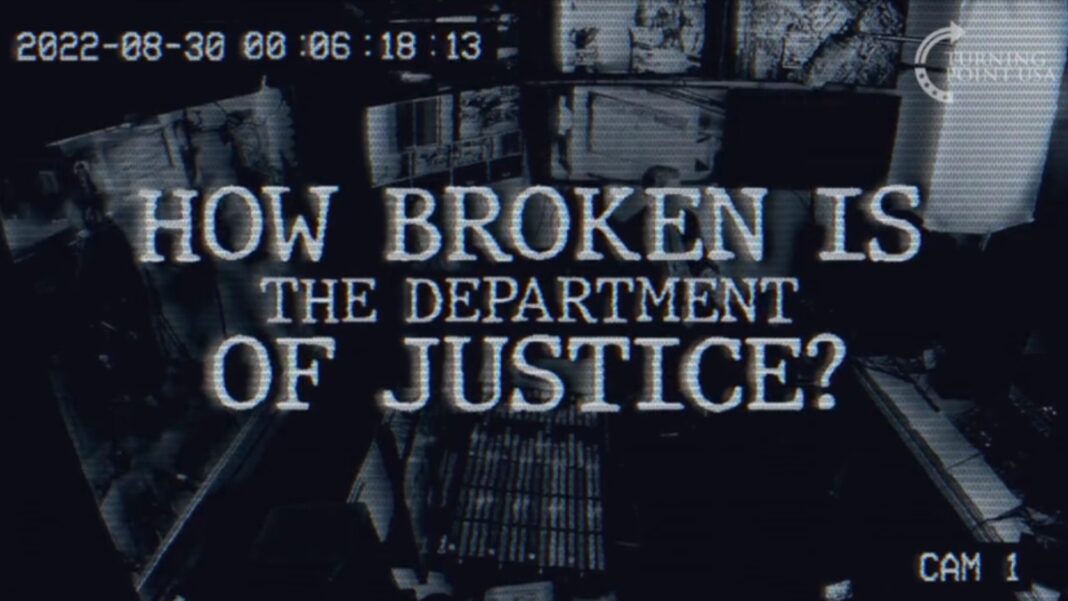Many contemporary historians and authors claim that Thomas Jefferson’s life was a contradictory one. They are quick to remind us that although he wrote the Declaration of Independence, he was also a slaveholder. The question is, did Jefferson contradict himself as these people declare?
It is important to realize that in the first place, it was England that made the American colonies so dependent on slavery. It would take a long time, and much effort, to end the practice, even though many colonists were willing to do so. Jefferson, like other slaveholders of the day, could not simply free his slaves at the snap of a finger as if he were Mary Poppins.
However, the first thing Jefferson did when he became a member of the Virginia House of Burgesses in 1769 was to try to allow slave-owners to free their slaves. He noted:
The abolition of the evil [slavery] is not impossible; it ought never, therefore, to be despaired of. Every plan should be adopted, every experiment tried, which may do something towards the ultimate object.
Another fact little spoken of is that Jefferson wrote a paragraph, into the first draft of the Declaration of Independence, highly criticizing the slave trade.
He [King George III] has waged cruel war against human nature itself, violating its sacred rights of life and liberty in the persons of a distant people who never offended him, captivating and carrying them into slavery in another hemisphere, or to incur miserable death in their transportation thither. This piratical warfare, the opprobrium of infidel powers, is the warfare of the Christian King of Great Britain. Determined to keep open a market where men should be bought and sold, he has [prosecuted] his negative [veto] for suppressing every legislative attempt to prohibit or to restrain this execrable commerce.
But, as Thomas Jefferson later recalled, “The clause . . . reprobating the enslaving the inhabitants of Africa was struck out.” It was thought by some to be too “radical” of a statement for the times—especially by certain slaveholding states.
In addition to these efforts to end slavery, Thomas Jefferson remained a kind master to his own slaves. He did not wish to sell them for fear of separating families. The Monticello overseer, Edmund Bacon, remembered: “No servants had a kinder master than Mr. Jefferson’s. He did not like slavery. I have heard him talk a great deal about it. He though it a bad system.”
The “historians” who whine about the “contradiction” in Thomas Jefferson’s life must be choosing to ignore all this. Jefferson once summed up his opinion of slavery when he remarked, “There is nothing I would not sacrifice to a practicable plan of abolishing every vestige of this moral and political depravity [slavery].”






